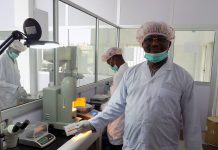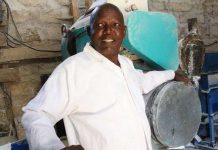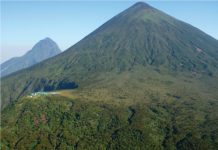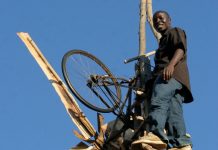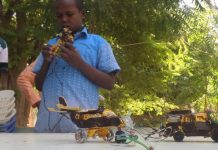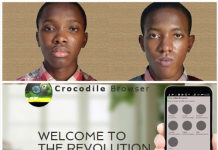(A column highlighting scientific, technological, engineering, and design innovation in Africa.)
Altis Osteogenic Bone Matrix (Altis OBM™) is the world’s first injectable bone-graft product containing naturally extracted bone growth proteins derived from pig bones. It is used to stimulate the patient’s own tissue regeneration system in a way that leads to the natural healing of a fracture, or to the restoration of bone.
The technology was developed by South African Nicolaas Duneas Ph.D.-orthopedic surgery, CEO of Altis Biologics (Pty) Ltd., a biotechnology company based in Pretoria, South Africa, that specializes in the research and development of osteogenic biomaterials for use in human bone-regeneration therapies.
Bone morphogenetic protein (BMP) complexes such as Altis OBM have been used internationally for many years, but never in injectable form. Prior to Altis OBM, patients with serious bone trauma or degradation would have to endure invasive bone-grafting surgery, using bone tissue harvested either from their own hips or from deceased donors, in hopes of a successful outcome. The injection of OBM promotes rapid, safe and effective healing, ultimately leading to the complete and natural restoration of the bone, including the bone marrow.
South Africa’s Business Day newspaper quotes Nuno Pires, chief executive of business development at Altis Biologics, as saying that Altis OBM was developed over the past 10 years, from the initial idea to commercialization. The goal is to radically change the way orthopedic surgeons treat bones injuries.
Altis OBM has been patented in the Britain, Finland, France, Germany and the United States, and is being marketed in South Africa as a medical device. It won the 2014 Innovation Prize for Africa.
The National Osteoporosis Foundation of South Africa (NOFSA) warns that osteoporosis is on the rise in Africa, especially among African women, largely due to urbanization and a general lack of awareness of healthy living, including poor nutrition. The foundation cites figure-conscious females keep an increasingly watchful eye on their weight, impacting negatively on the density of their bones and increasing their risk of contracting bone diseases.
Sponsored by the African Innovation Foundation, the annual Innovation Prize for Africa competition mobilizes hundreds of African innovators and entrepreneurs from across the continent who deliver practical, market-oriented and cost-effective solutions to some of the continent’s most intractable problems. The winner receives US$100,000, and two runners up receive $25,000 each.


